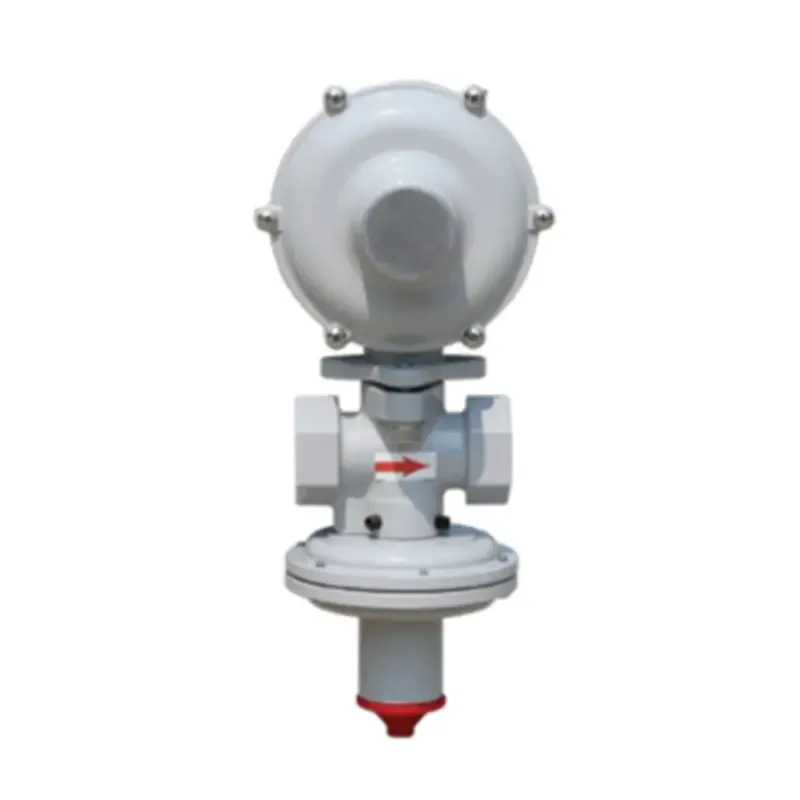
Oct . 10, 2024 02:09
Back to list
Closing Valve Mechanism and Its Applications in Various Industries
The Significance of Shut-off Valves in Various Industries
Shut-off valves play a crucial role in a myriad of applications across different sectors, including water management, oil and gas, and manufacturing processes. These valves are designed to control the flow of liquids and gases, allowing for the safe and efficient operation of systems that depend on precise fluid dynamics.
What is a Shut-off Valve?
A shut-off valve is a mechanical device used to stop or allow the flow of a fluid. It can be operated manually or automatically and is essential in maintaining system integrity by preventing leaks and managing pressure. Depending on the application, shut-off valves come in various types, including ball valves, gate valves, and butterfly valves, each serving specific needs and environments.
.
1. Water Supply and Sewage Systems In municipal water supply systems, shut-off valves are integral to maintaining acceptable pressure and flow rates. They are used in water distribution networks to isolate sections for maintenance and repair, ensuring consistent service without disrupting the entire system. Similarly, in sewage systems, they help in controlling the flow and preventing backflow, which can lead to environmental hazards.
صمام الإغلاق

2. Oil and Gas Industry Shut-off valves are critical in the petrochemical industry. They control the flow of oil and gas during extraction, processing, and transportation. Valves are strategically placed in pipelines to manage pressure and prevent leaks that could result in catastrophic environmental spills. Automated shut-off valves are often used to enhance safety, automatically closing in response to certain pressure levels or pipeline ruptures.
3. Manufacturing Processes In manufacturing, fluid control is essential for production efficiency. Shut-off valves ensure that processes are not disrupted by maintaining the correct fluid levels and pressures. They are used in assemblies ranging from cooling systems to chemical manufacturing where precise flow control is necessary to achieve quality and safety standards.
Safety and Maintenance
One of the primary benefits of shut-off valves is their contribution to system safety. By allowing for the immediate cutoff of fluid flow, they help mitigate risks associated with leaks and pressure surges. Regular maintenance of these valves is critical to ensure they operate correctly. Routine inspections, testing for leaks, and replacements of worn components can prevent failures during critical operations.
Conclusion
In summary, shut-off valves are vital components in many industrial applications, serving as the backbone for flow control and system management. From ensuring safe water supply systems to maintaining the efficiency of complex manufacturing processes, their importance cannot be overstated. As technology continues to advance, the design and functionality of shut-off valves will also evolve, providing even greater efficiency and safety features. Understanding their role not only enhances operational reliability but also contributes to overall industrial progress and environmental protection. As industries face growing challenges, recognizing the importance of these seemingly simple devices will remain a fundamental aspect of engineering and safety protocols.
Next:
Latest news
-
Safety Valve Spring-Loaded Design Overpressure ProtectionNewsJul.25,2025
-
Precision Voltage Regulator AC5 Accuracy Grade PerformanceNewsJul.25,2025
-
Natural Gas Pressure Regulating Skid Industrial Pipeline ApplicationsNewsJul.25,2025
-
Natural Gas Filter Stainless Steel Mesh Element DesignNewsJul.25,2025
-
Gas Pressure Regulator Valve Direct-Acting Spring-Loaded DesignNewsJul.25,2025
-
Decompression Equipment Multi-Stage Heat Exchange System DesignNewsJul.25,2025

